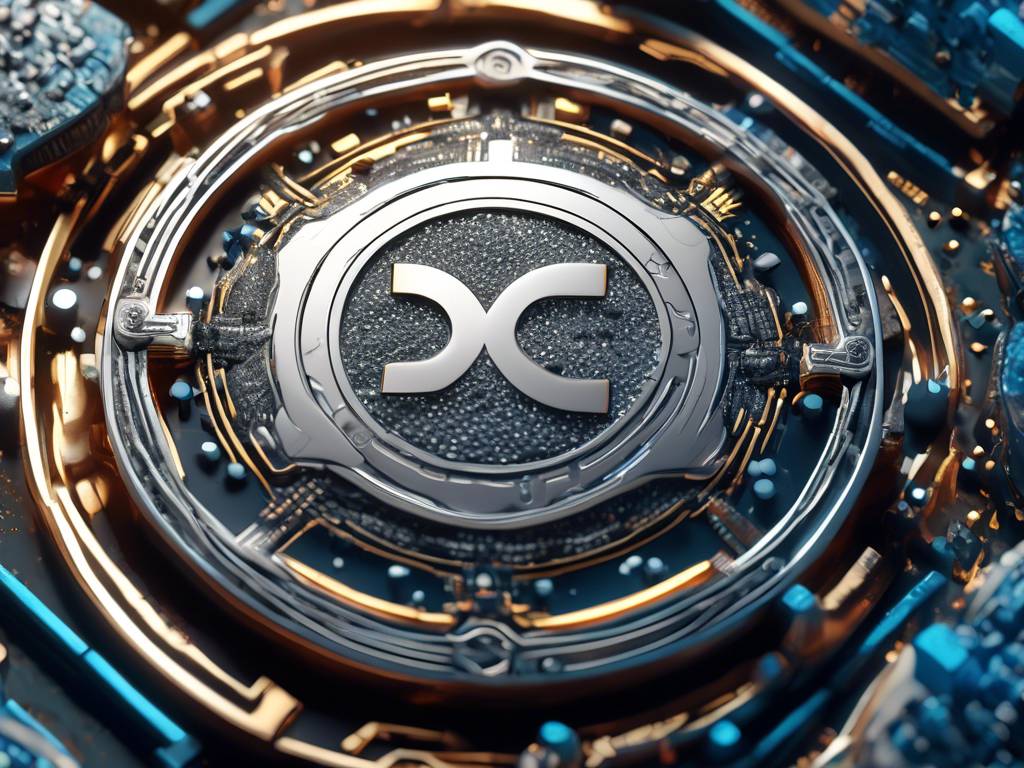Uncovering Cardano’s Centralized Network: The Shocking Truth
Justin Bons, the founder and Chief Investment Officer (CIO) of Cyber Capital has sparked controversy within the crypto community by exposing serious allegations against Cardano. Bons claims that Cardano, a renowned blockchain and smart contracts platform, is far from being the decentralized network it claims to be, raising significant doubts about its foundational principles.
Cardano’s Alleged Centralization
In an X (formerly Twitter) post, Bons delves into the heart of the matter, unveiling his accusations of centralization within the Cardano blockchain. Key points from his revelations include:
- The existence of “Genesis Keys” within the Cardano blockchain
- The potential ability of these keys to manipulate and control the blockchain
Genesis Keys and Control
According to Bons, the Genesis Keys operate as part of a multi-signature system that oversees Cardano’s network rules and protocols. With access to these keys, a single group could wield considerable authority over Cardano, a concerning prospect for a platform claiming decentralization.
IOG’s Dominance
Bons points the finger at Input Output Global (IOG), the entity behind Cardano, alleging that it holds the majority of Cardano’s Genesis Keys. This revelation suggests that IOG currently wields significant control over the blockchain, empowering them to make unilateral decisions without community consent.
Decentralization Compromised
By disclosing this imbalance of power, Bons highlights a critical shift in Cardano’s decentralization following the delegation of control from the Cardano Foundation to IOG. The community’s hopes for a truly decentralized blockchain platform now appear to be in jeopardy.
A New Era of Community Governance
In response to concerns raised by Bons, Jaromir Tesar, a Cardano Delegate Representative (DRep), assures the community about upcoming changes in the platform’s governance. Tesar reveals insights into the future governance structure, emphasizing:
- The imminent handover of governance to the Cardano community
- The replacement of existing entities with the DReps
Empowering the Community
Tesar elaborates on plans to involve ADA holders in the governance process, allowing them to become DReps and actively participate in decision-making. This move aims to diminish centralization within Cardano’s network and expand governance influence to a broader spectrum of individuals.
Collaborative Governance Model
Under the proposed framework, DReps, the Constitution Committee, and Stake Pool Operators (SPO) will collaborate to steer the governance of Cardano’s network. This collaborative approach seeks to ensure that decisions are made collectively, reflecting the diverse interests of the community.





 By
By
 By
By
 By
By
 By
By
 By
By